
Integration of Industry and Education
Digital Video Processing and Applications
Direct Classroom Access to NXP Innovation
-CHANJIAORONGHE-
Innovation
Technology
Intelligence
“When the algorithm drives the robotic arm to write ‘Unity of Knowledge and Action’, the formula suddenly comes to life.”

On the afternoon of May 16, 25 teachers and students from Tianjin University’s International Engineering School entered the NXP Innovation Practice Platform, experiencing the deep integration of technology and humanities in a corporate environment. This semester, the Digital Video Processing and Applications course extends the classroom to the front line of enterprises, using “scenario-based teaching + practical projects” to promote the reform of engineering education.
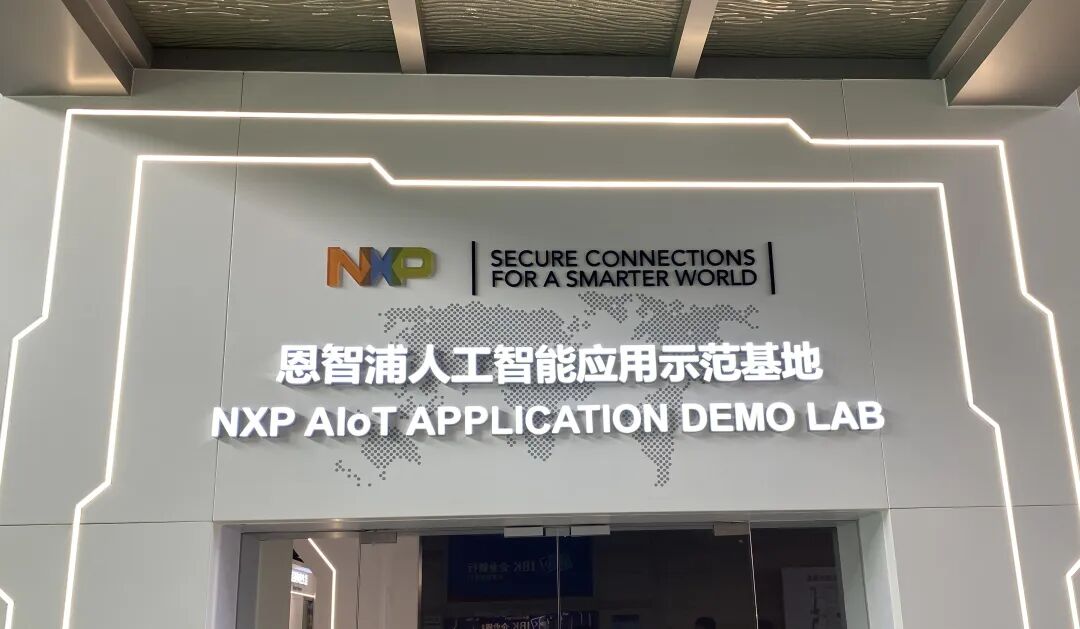
In the automotive electronics exhibition area, cutting-edge technologies such as millimeter-wave radar keyless systems and automotive-grade MCU collaborative control were unveiled. Students experienced the centimeter-level positioning accuracy of UWB digital car keys on-site. The precise collaboration of the intelligent robotic arm in picking up ping pong balls vividly demonstrated the complete closed loop of industrial “perception-decision-execution”. When the YOLO algorithm discussed in class was implemented for multi-target tracking on the S32V chip, students exclaimed: “The engineer’s model compression technology solved the practical application challenges we faced.”
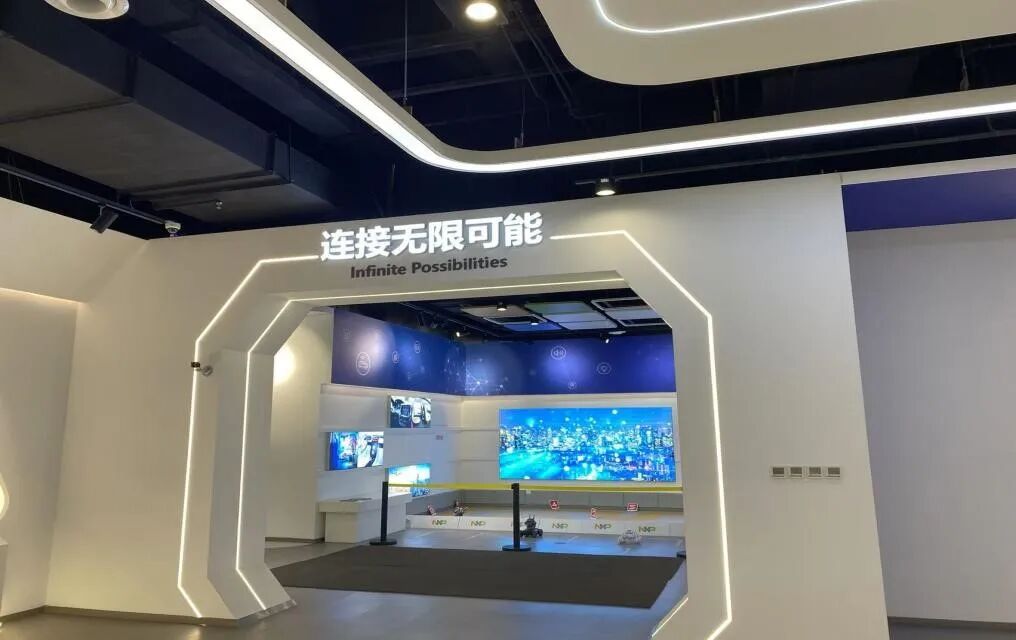
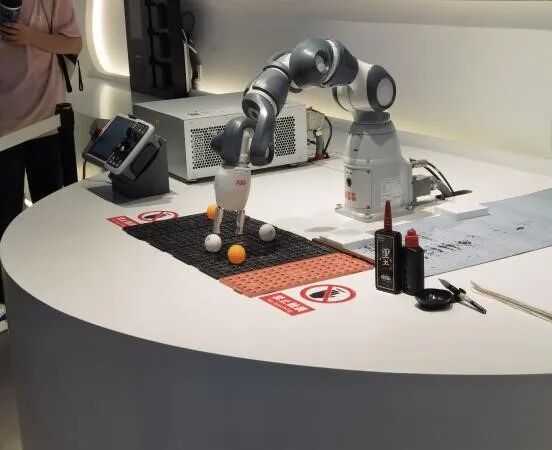
Demonstration of Robotic Arm Grasping
The NXP Cloud Laboratory, as the world’s first fully open online laboratory, achieves seamless integration of remote development board invocation, cloud debugging, and real-time technical support. Course leaders Zhang Shufang and Teacher Lü Wei stated, “In the future, students will be able to directly access enterprise-level development environments in the cloud. Companies will embed real demands such as in-vehicle image datasets and industrial vision inspection indicators into teaching, allowing students to optimize algorithm parameters on-site and face the technical challenges under industrial-grade computing power constraints.”
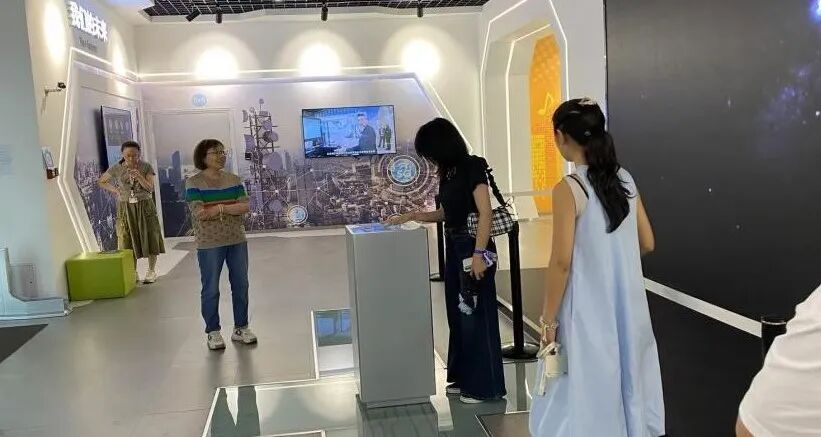

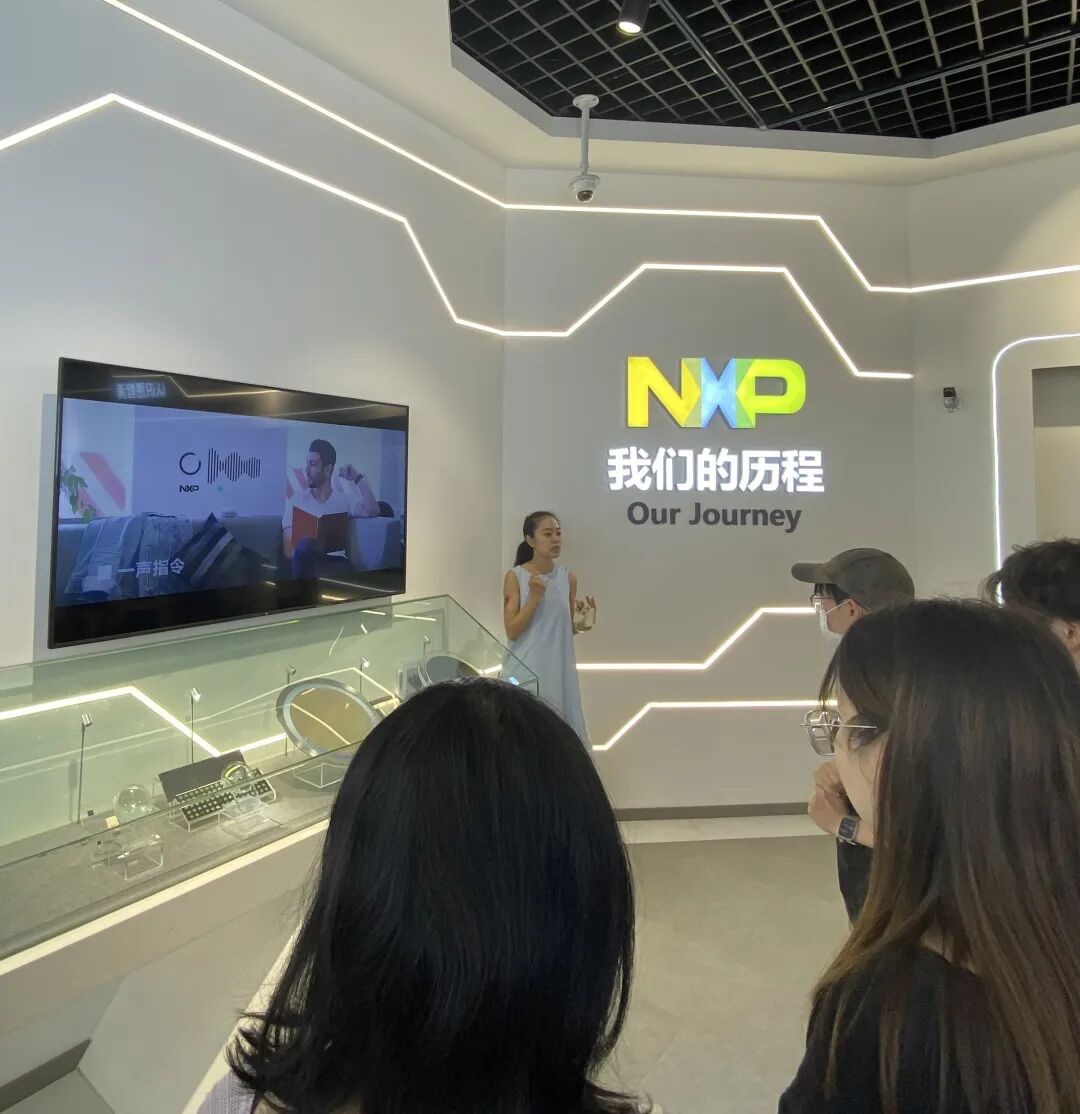
Guided Tour
Visiting students expressed their heartfelt feelings, “Seeing the robotic arm write once is worth more than a thousand simulation experiments.”When engineering education is rooted in industrial practice, “Unity of Knowledge and Action” becomes the most powerful interpretation of innovative practice.
Tianjin University’s International Engineering School focuses on “demand-driven, school-enterprise collaboration”, transforming industrial technology into modular course content, practicing a “theory-practice” rolling characteristic training model, and emphasizing strengthening students’ practical innovation capabilities to solve complex engineering problems, cultivating international engineering leaders with both technical problem-solving abilities and industry leadership.

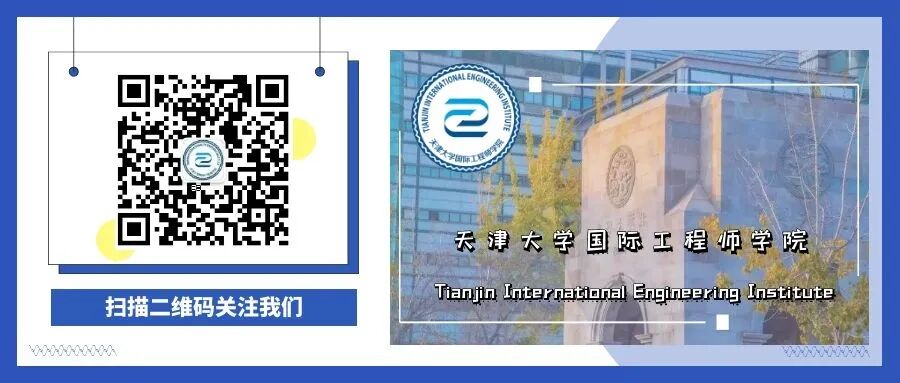
Text Source: Xie Jihong, Shao Chen
Image and Text Layout: Liu Ruiping
Review: Liu Yanli, Pan Gang